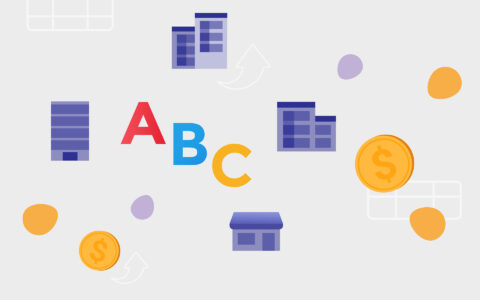
The true cost of a new CRM is hard to calculate, and with an average cost per user of $1875, it’s easy for costs to spiral.
It’s common for CRM implementation teams to spend more than planned when rolling out a new CRM. Implementation carries a wide range of hidden costs that need to be included so a true ROI can be determined.
The costs of licence fees and training courses are relatively simple to budget, but the time cost of senior manager isn’t quite so easy.
In this piece, we’re going to cover four principles to help you build an accurate CRM project budget.
- Decide what you really need
- Know what features cost
- Understand your hidden costs
Decide what you really need
CRM implementation projects are like walking into a candy store. LinkedIn integrations, email automation, social media updates…you can do anything in the modern CRM.
But in reality the old Pareto principle holds true, 80% of the value you derive from the CRM will likely come from 20% of the features - the 80% that is less valuable is likely to be a distraction.
When detailing your budget, use the process as a second chance to ask the question: do I really need xyz feature?
Know what features cost
You need to do your homework; you’d think that generating a price for a CRM is easy – just head to the pricing page, right?
CRM vendors use sophisticated pricing models that include a range of additional costs that you may need at the start or in the future. The setup costs should be fairly simple to calculate, but costs that crop up down the road as you need a new integration or add more users to a mailing list can significantly increase your spend.
Remember the CRM business model is to make users dependent on the product, then ensure you spend as much as possible. By understanding what everything costs now and in the future, you will be less exposed to surprises.
Understand your hidden costs
There are many costs beyond simply the licence fees; these costs are often what makes a business exceed the initial budget.
Customization: Whether this is development, integration or setup, you will likely need some form of customization.
Training: CRM vendors and independent consultancies offer training in-house, online or classroom-based, and this is usually expensive. It's an area that companies often underestimate in the budget, sometimes there is a need for more training than expected, or a company thinks they can take over training for new starters in-house, but they can’t.
Opportunity cost: This is almost impossible to quantify and covers all of the activities missed because of the CRM implementation. This can be as varied as another CRM the company could have deployed through to the time a senior sales executive needs to spend working on the implementation. The opportunity cost of internal staff time is well worth trying to quantify; this is often the number one cost in the CRM implementation process.
When you’re creating a CRM project budget always think about opportunity costs and future costs so you can determine an accurate ROI. Good luck!
The author of the article, Megan Meade, is the content editor of Discover CRM,










